Record Voter Turnout Marks D.C. Bar Association Election
The recent election for the leadership of the D.C. Bar Association has captured significant attention, resulting in an unprecedented voter turnout. Employment attorney Diane Seltzer emerged victorious over securities lawyer Brad Bondi, securing a decisive win in a contest that saw more than 38,000 participants—five times the usual number of voters.
According to D.C. Bar CEO Bob Spagnoletti, Seltzer garnered over 90% of the electronic vote without encountering any “issues or irregularities” in the voting process. “Member engagement in this election was, to say the least, extraordinary,” Spagnoletti stated during a press call on Monday.
The election has been described as a reflection of the current tensions within the American legal system. The candidacy of Brad Bondi, who is the younger brother of Attorney General Pam Bondi, added a layer of complexity to the race. This year has already seen significant actions from the Justice Department, including the dismissal of prosecutors who had investigated President Trump and the White House targeting law firms through executive orders.
Seltzer emphasized the importance of the rule of law in her campaign, stating at a candidate forum in May, “We’re literally afraid of terrible consequences just for doing our jobs. My priority is making sure that the rule of law is upheld, that we feel that we are safe to do our jobs and that we can go forward every day representing the clients we choose.”
Brad Bondi, known for representing high-profile clients such as Elon Musk and the Trump Media & Technology Group, aimed to maintain the bar’s nonpartisan stance. He expressed disappointment with the election’s outcome, stating, “Instead, I am disgusted by how rabid partisans lurched this election into the political gutter, turning a professional campaign into baseless attacks, identity politics, and partisan recrimination.”
Bondi had hoped the election would focus more on practical issues like free training programs for lawyers and increased pro bono work, rather than descending into political disputes. He criticized the election’s partisanship, noting that it was unprecedented for a D.C. Bar election to be influenced by political affiliations.

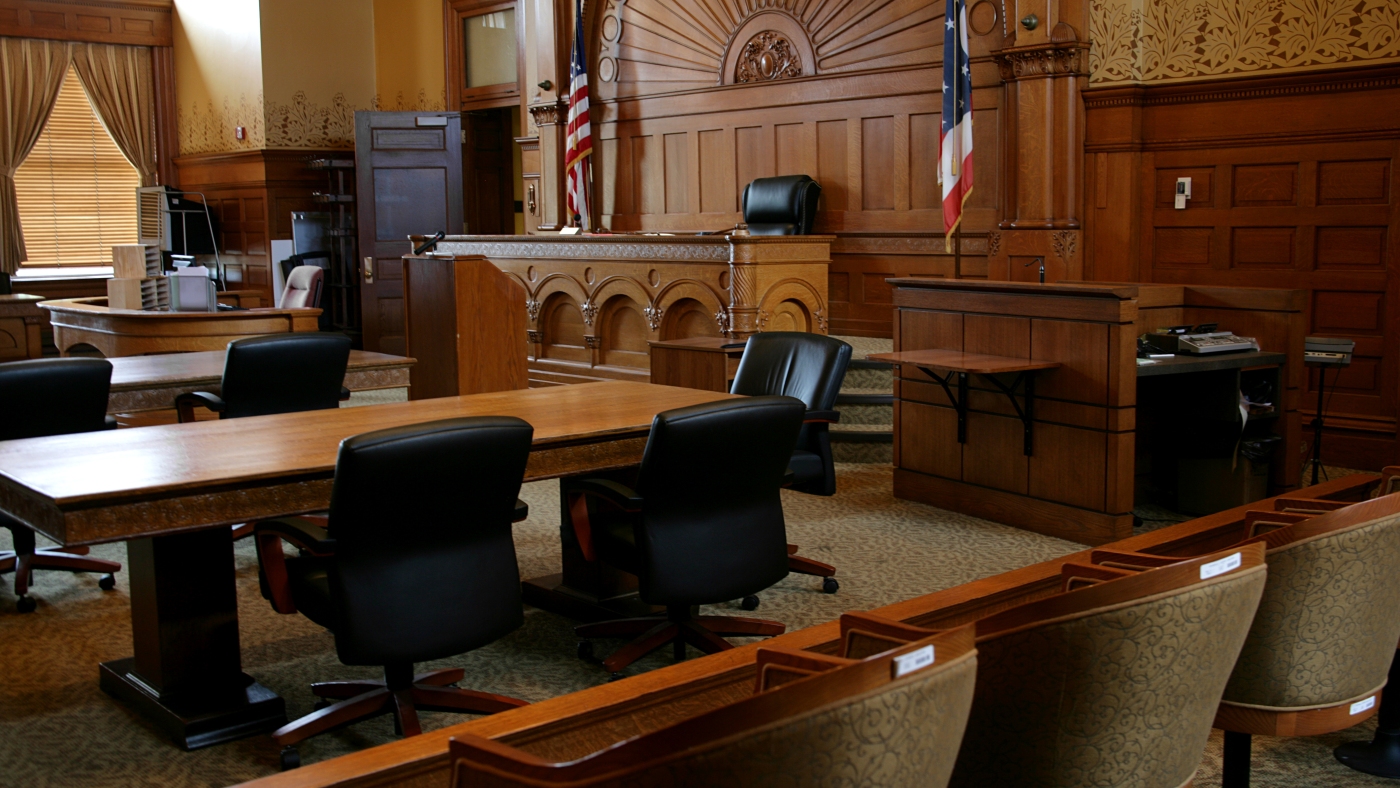
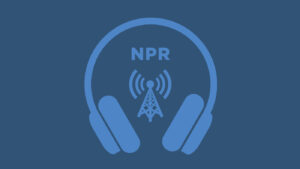
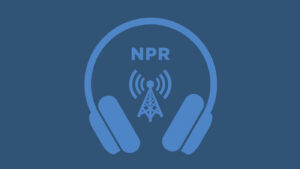
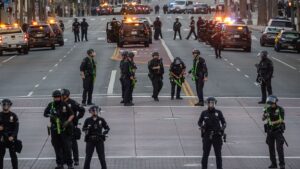
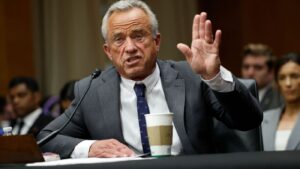
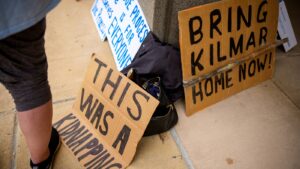
Be First to Comment